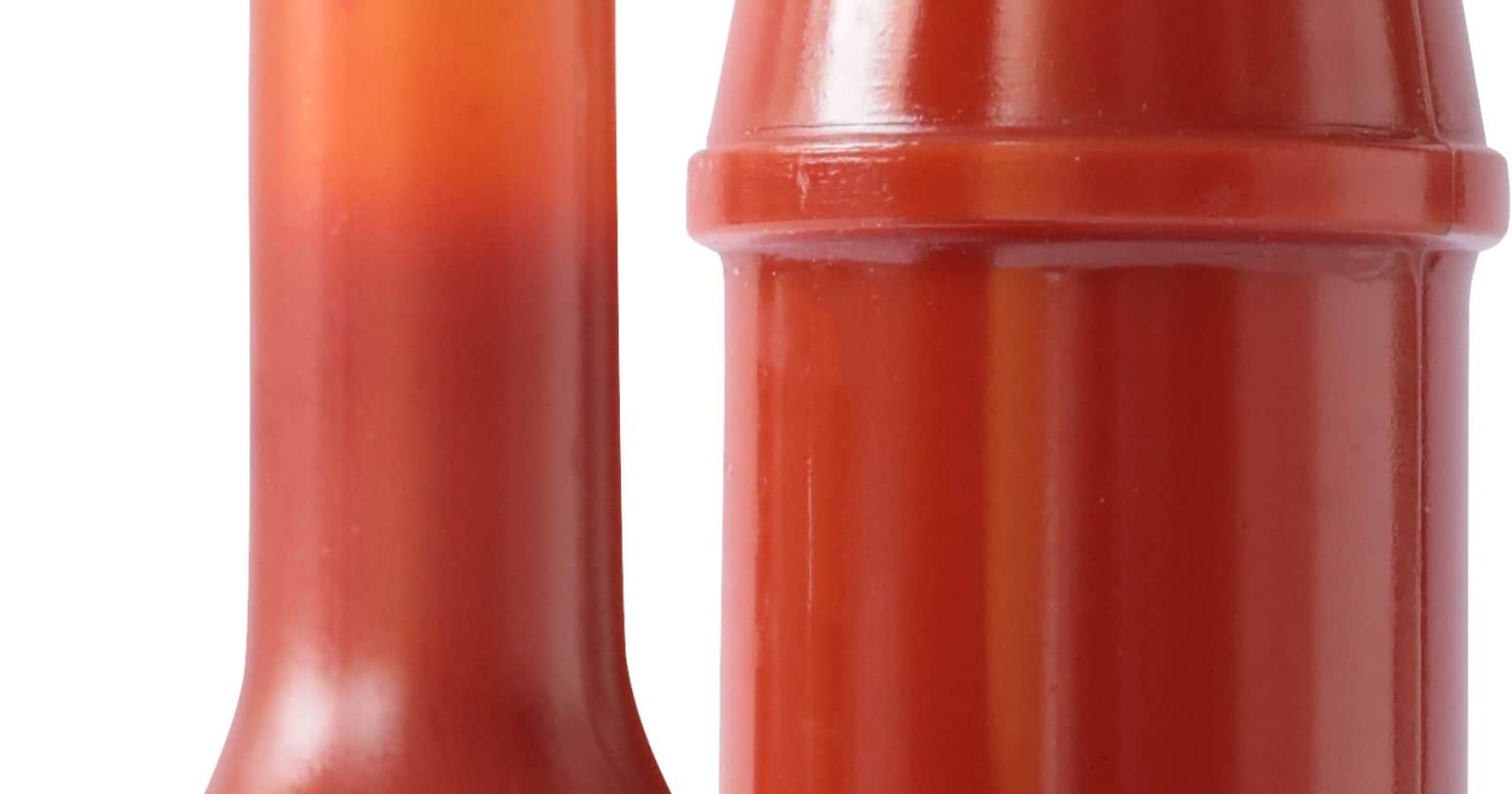Is your love of spicy hot sauce hurting your health? If you’re like me, that bottle of red chili goodness is a staple you splash on everything without a second thought. But when I started experiencing some stomach issues and heartburn, I had to ask: is my favorite fiery condiment actually bad for me?
It turns out, the health effects of hot sauce aren’t so black and white. On one hand, hot sauce contains beneficial compounds and antioxidants that could offer some perks. But it can also have drawbacks, especially if you’re dousing your meals in the stuff.
In this post, we’ll explore the potential pros and cons of hot sauce for your health. We’ll look at the nutritional value, possible benefits of those hot chilies, and how ingredients or overconsumption might cause problems. I’ll also share tips for enjoying hot sauce safely and strategically to reap rewards without side effects.
The odd stomach cramp or bout of acid reflux had me worried hot sauce was harming my body. But by learning the facts and moderating intake, I found ways to keep this spicy favorite as a healthy part of my diet. Let’s look at whether hot sauce deserves a spot on the naughty or nice list when it comes to your health and wellbeing.
Potential Health Benefits of Hot Sauce
Before deeming that beloved bottle totally bad, let’s examine some possible perks of hot sauce in moderation:
Nutritional Profile
Hot sauces provide flavor for minimal calories or carbs. A one tablespoon serving averages just 10-20 calories. They’re typically free of fat, protein, sugar, and sodium too. This makes them a diet-friendly condiment.
Anti-Inflammatory Effects
The capsaicin that provides pepper heat displays anti-inflammatory properties in studies. It may help reduce chronic inflammation involved in many diseases.
Pain Relief
Capsaicin creams are used to temporarily relieve muscle, nerve, and arthritis pain when applied topically. Eaten in food, it may have mild pain-reducing effects too.
Metabolism Boosting
Spicy capsaicin has been shown to give your metabolism a temporary lift after eating it. Over time, this could support weight loss.
Antioxidant Content
Many hot sauces provide vitamins A and C, flavonoids, and other antioxidants from their chili pepper and veggie ingredients. These combat free radicals that damage cells.
So used wisely, hot sauce can be a healthy complement providing some benefits. But what are the potential downsides?
Possible Negative Effects of Hot Sauce
While the pros above sound great, hot sauce does come with some cautions:
Digestive Discomfort
Too much hot sauce may provoke acid reflux, heartburn, abdominal pain, cramps, or diarrhea in sensitive individuals due to irritation of the digestive tract.
Risk of Ulcers
Those already suffering from ulcers or erosion in the digestive system need to use caution, as capsaicin can further aggravate these conditions.
Skin Irritation
Direct contact with hot sauce can cause a burning sensation, redness, and irritation on skin and mucous membranes. Wearing gloves when prepping hot peppers prevents this reaction.
Danger During Pregnancy
Pregnant women may want to limit spicy foods, as capsaicin could potentially trigger uterine contractions. However, current evidence on this risk is limited.
Excess Sodium
Some bottled hot sauces contain high amounts of added sodium. This should be limited by anyone monitoring sodium intake for health reasons. Check labels.
Additives and Preservatives
Lower quality commercial hot sauces may include additives like MSG or excessive preservatives that some people aim to avoid. Opt for high-quality organic products when possible.
So while hot sauce can be healthy in moderation, overuse or certain ingredients may indeed provoke adverse effects in some individuals. How do you minimize risks?
Tips for Enjoying Hot Sauce Safely
Here are some strategies for safely incorporating hot sauce into your diet:
- Use sparingly – Just a few shakes packs plenty of flavor without overdoing it on capsaicin or sodium.
- Dilute it – Try mixing with mayo or sour cream as a creamy dip or dressing to tame the heat.
- Avoid on empty stomach – Eat hot sauce with a meal to prevent gastric irritation.
- Read labels – Opt for low-sodium, additive-free products made with natural ingredients.
- Watch for reactions – Discontinue use if you experience any digestive distress or discomfort.
- Consider health status – People with digestive conditions like IBS or GERD should use caution and consult a doctor on tolerable amounts.
- Store properly – Keep hot sauce refrigerated after opening to maintain freshness and potency.
With some care selecting quality products and smart usage habits, most people can keep enjoying hot sauce safely. But what if you need an even gentler alternative?
Healthy Alternatives to Hot Sauce
For those who need to remove hot sauce entirely from their diets, don’t despair. There are many flavorful alternatives to try:
- Salsa – Opt for mild, medium, or fruit-based salsas.
- Chimichurri – Herby green sauce packs flavor without the heat.
- Honey mustard – Sweet and tangy zip for dressings and dipping.
- Balsamic glaze – Concentrated balsamic packs a tangy punch.
- Chili crisp – Toasted chili oil and fried aromatics provide crunch.
- Harissa – North African
spice blend offers moderate heat with loads of flavor.
With a diverse
The Verdict on Hot Sauce and Your Health
So, is hot sauce bad for you? In moderation, it can provide some benefits and be safely enjoyed as part of an overall healthy diet. But overdoing the heat, using lower quality products, or existing digestive issues may make it problematic for some people.
By choosing high quality natural hot sauces and enjoying small amounts with meals, most can continue to reap rewards from this favored tabletop staple. But work with your doctor if you have concerns and be ready to pull back or substitute if any adverse reactions occur.
With smart and strategic use, that splash of hot sauce goodness doesn’t have to disappear from your life. Just harness its heat happily and healthfully within reason.





